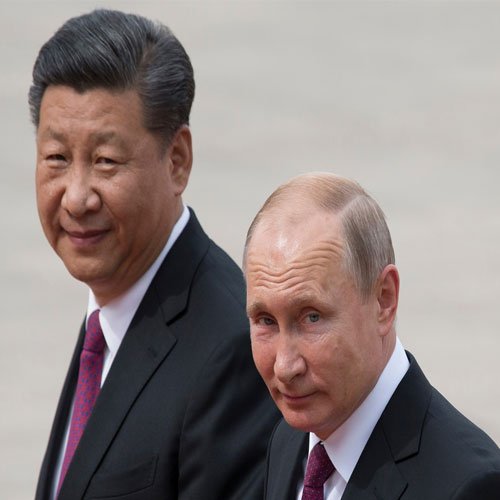
Israel’s precision strikes on Iran’s nuclear and military assets under “Operation Rising Lion” mark a turning point in regional deterrence dynamics, testing the effectiveness of pre-emptive doctrine.
Tehran now stands at a crossroads—either exercise restraint or retaliate forcefully, a decision that could reshape its nuclear trajectory and regional posture.
In response to the spiralling Israel-Iran conflict, Russian President Vladimir Putin and Chinese President Xi Jinping held a critical hour-long call on June 19, pledging coordinated intelligence sharing and deeper diplomatic engagement.
Both leaders condemned Israel’s actions as violations of international law and the UN Charter, positioning themselves against unilateral military escalation.
Putin proposed Russia as a mediator, a move endorsed by Xi, though Western powers remain wary of their neutrality.
The U.S., under President Donald Trump, has vocally supported Israel—providing air defense systems and warning of potential strikes on Iranian nuclear sites.
This has fuelled concerns of a broader war involving U.S. assets and regional allies.
China, reliant on Iranian oil and engaged through the Belt and Road Initiative, favours de-escalation.
Russia sees the conflict as a geopolitical opportunity, but its capacity to influence outcomes is limited.
As diplomacy stalls, the Putin-Xi alignment reflects a growing strategic front countering U.S. dominance, even if their influence remains largely symbolic.
See What’s Next in Tech With the Fast Forward Newsletter
Tweets From @varindiamag
Nothing to see here - yet
When they Tweet, their Tweets will show up here.





























